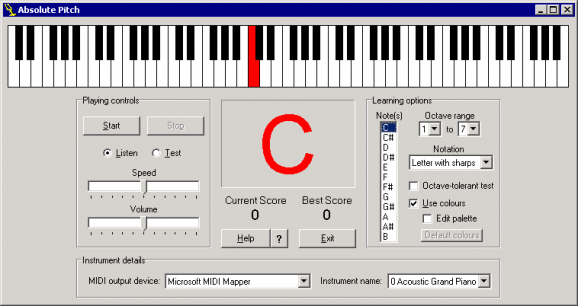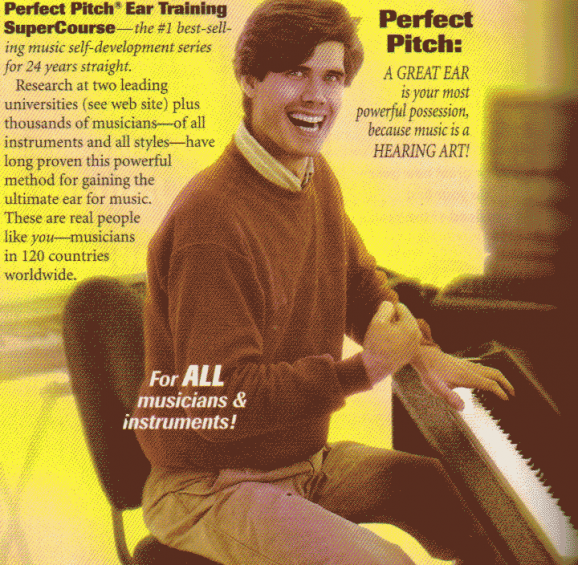Want Perfect Pitch? Try Popping A Pill
This article is more than 2 years old
 Singing is not my forte. I love to do it when I’m speeding down the road, windows down, with no one else in the car, and sometimes I sing to my cat (she seems not to mind). I’m not tone deaf, but my pipes struggle with achieving perfect, or even palatable, pitch. That’s due partially to genetics (you should hear my mother try to sing), but also to lack of musical training in childhood. But those of us with pitch problems may have a second chance in the form of a drug called valprioc acid.
Singing is not my forte. I love to do it when I’m speeding down the road, windows down, with no one else in the car, and sometimes I sing to my cat (she seems not to mind). I’m not tone deaf, but my pipes struggle with achieving perfect, or even palatable, pitch. That’s due partially to genetics (you should hear my mother try to sing), but also to lack of musical training in childhood. But those of us with pitch problems may have a second chance in the form of a drug called valprioc acid.
Children with musical training develop perfect pitch because their developing brains have an easier time learning what perfect pitch is and how to achieve it. It’s not so different from kids learning languages better at a younger age. But Takao Hensch, a Harvard professor of molecular and cellular biology, is conducting studies on a drug that may be able to recreate the window of brain development that helps children learn perfect pitch.
Valprioc acid, or valproate, is an HDAC (histone deacetylase) inhibitor, a class of drugs conventionally used for mood stabilization and seizure prevention. While scientists are currently studying the efficacy of these drugs on other conditions such as cancer and inflammatory disease, Hensch has found that the drug enables people to absorb new information by improving the brain’s plasticity.
Previous studies showed HDAC inhibitors to have a pretty marked effect on the brains of mice, allowing them to “establish perceptual preferences,” which generally only happens in infancy or childhood. Hensch’s valproate study focused on adult men who didn’t have any musical training. They took an online training course to help hone their ability to identify pitch, and at the end of two weeks they took a test to see just how good they had gotten at discerning tone and pitch. The men who took valproate fared significantly better on the tests than those who took a placebo. Hensch believes that this enhanced ability isn’t a result of an improvement in cognitive functioning, but rather a sensory effect resulting from the brain’s ability to engage in “critical-period learning.”
If you don’t want to take a pill to perfect your pitch, you could always check out this guy’s method:

The potential implications extend far beyond the musical. Improving brain plasticity could boost our ability to do and learn all kinds of things, or even possibly reprogram our brains. But Hensch points out that the brain’s critical development period in early years exists, and closes, for a reason, and we should be careful if we intend to mess with them. Still, I can only imagine how big the market would for a “pop a pill to learn [fill in the blank].” This one’s a double-edged sword for sure, but science will press forward as it always does. Maybe we can pop a pill to help us keep up.












